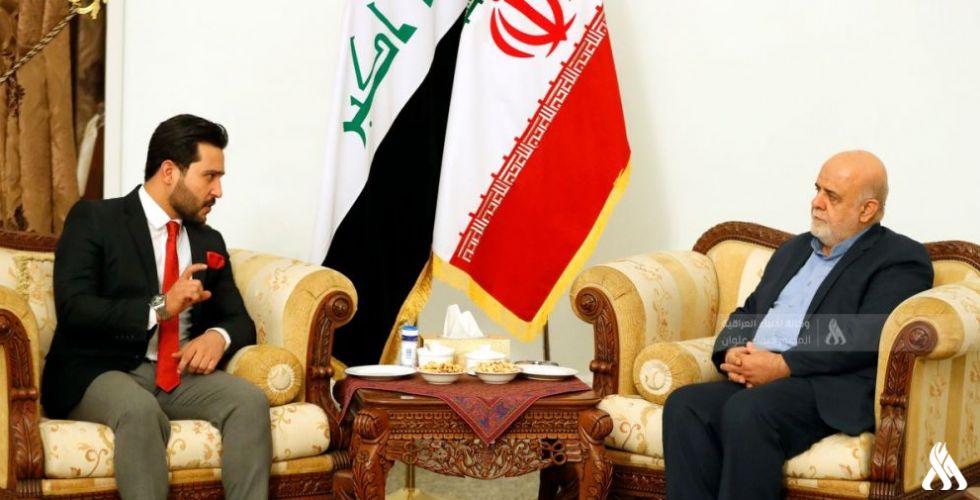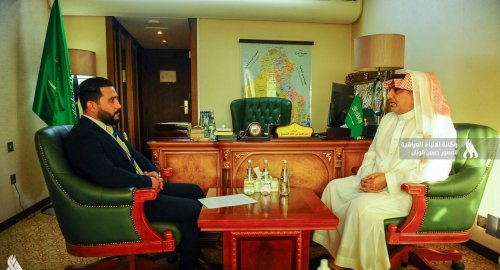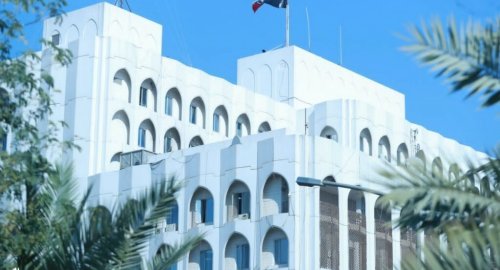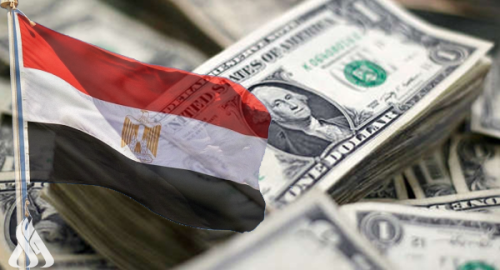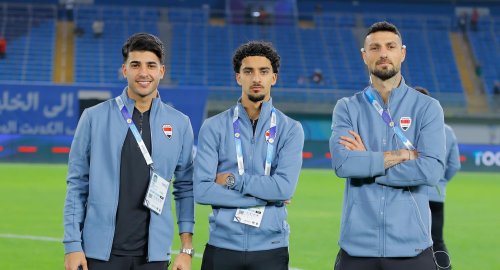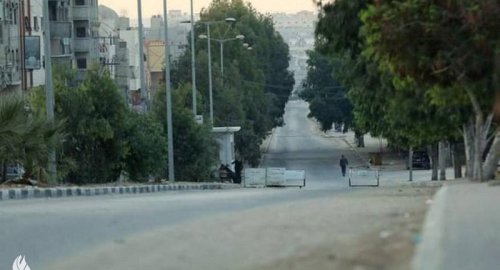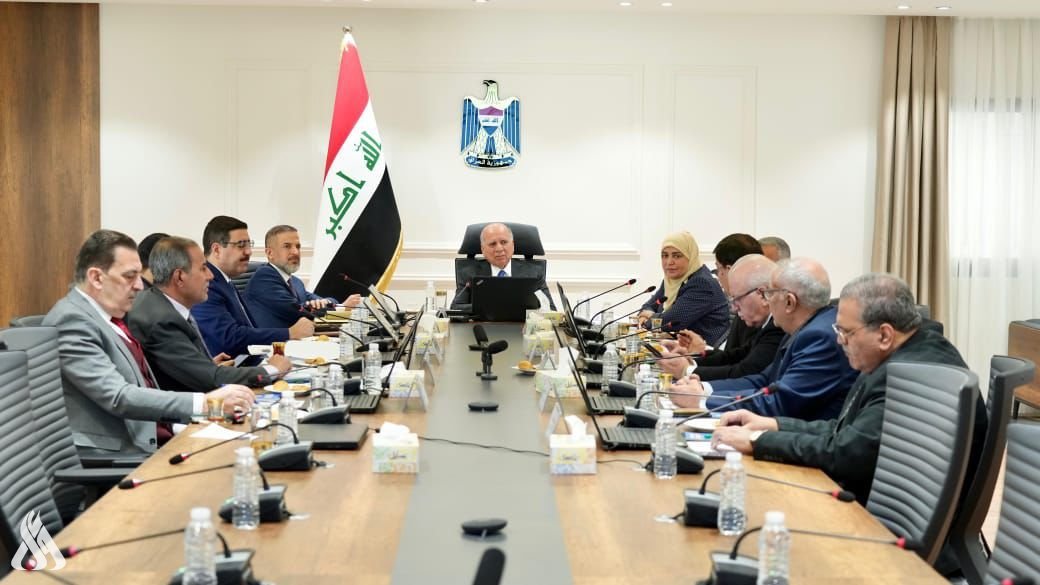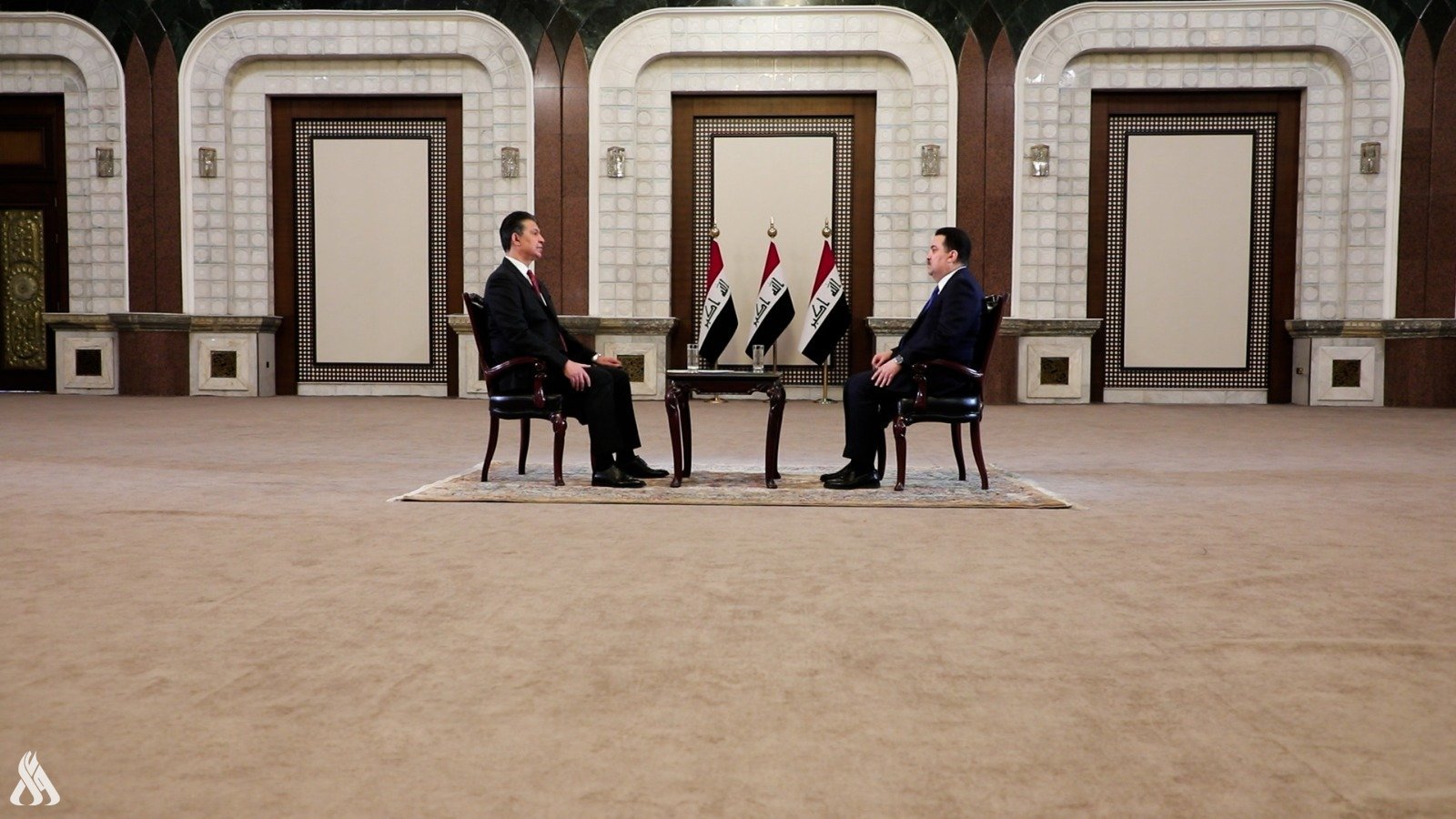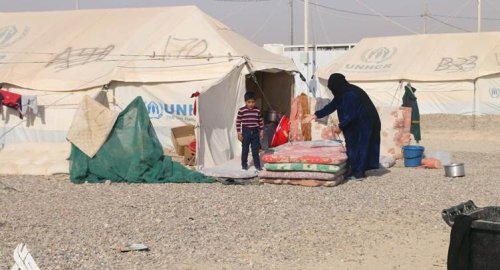
France expands its support to UN-Habitat to Help Communities supporting Recent Returnees

- 20-12-2021, 15:11
Baghdad-INA
The United Nations Human Settlements Programme (UN-Habitat) welcomes an additional contribution of EUR 425,882 from the Government of France to provide support to internally displaced persons who have recently returned to their communities and struggling to rebuild their lives.
The proposed project aims to improve the rights and living conditions that contribute to sustainable return of families from Sinjar and Baaj Districts. Damage to infrastructure remains one of the primary obstacles that may prevent many internally displaced persons to return to their areas of origin. The timely contribution from France will be utilized to amplify support to approximately 27,000 people by providing legal assistance for 200 families and rehabilitating two schools. This initiative aims to also encourage other displaced families who may still be in camps, renting or living with relatives to return to their communities, knowing they will have access to education for their children. At the same time, families will also have access to legal assistance to file compensation claims for lost or damaged property.
Ambassador Eric Chevallier said that “France is proud to support this UN-Habitat project centered on basic services such as housing and education. Infrastructure rehabilitation is an essential condition for the return of displaced people, especially in Sinjar and Baaj. We are and will remain at the Iraqi people’s side in the reconstruction of areas liberated from Daesh”
“To ensure durable solutions, it is important to help people in their areas of return. UN-Habitat appreciates the continued support from France to expand our response in Ninewa,” said Wael Al-Ashhab, Head of UNHabitat Iraq County Programme.
UN-Habitat has been working in Sinjar since 2016 and in Ba’aj since 2020 with funding from the Japanese Government, the United States and the European Union to build core houses for those who have lost their homes, register their land claims, provide rehabilitation and upgrades to secondary infrastructure, public facilities, and public spaces, provide vocational training and job opportunities for unemployed youth, and provide legal assistance to those who have returned.
Egypt announces payment of $38.7 billion of its debts
- International
- 09:58
Syria: Imposing a curfew in the city of Homs
- International
- 07:45
US Central Command: We killed ISIS terrorist leader Abu Yusuf in Syria
- International
- 24/12/20
Liverpool compete with Real Madrid to sign Olympique Lyonnais star
- Security
- 24/12/19
7 ISIS elements arrested in Kirkuk
- Security
- 24/12/20

